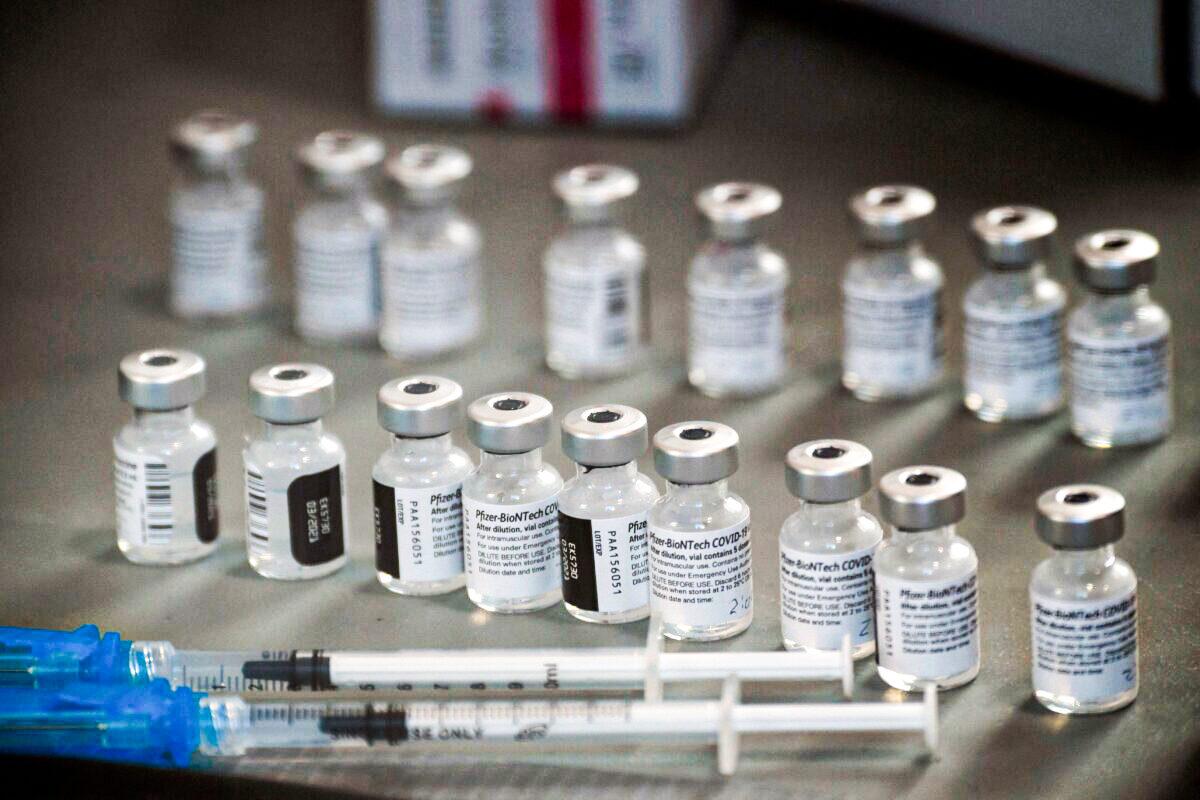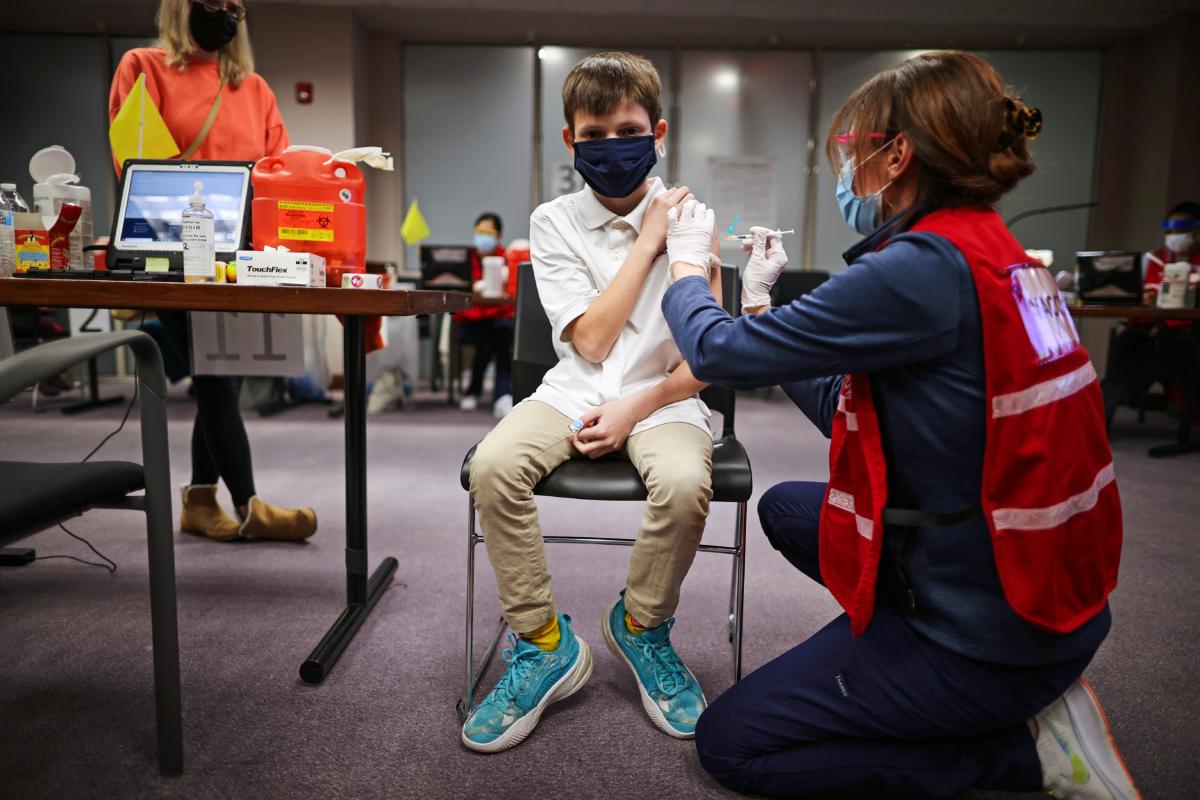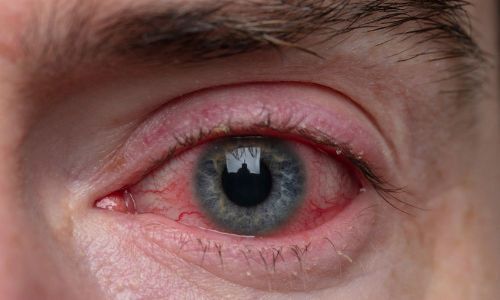
A new study funded by Pfizer found the company's COVID-19 vaccine did not perform well in children under 5.
Children aged 6 months to 4 years are supposed to receive three shots of the Pfizer-BioNTech vaccine. The number was increased from two when early testing showed little effectiveness.
Three doses of the Pfizer vaccine provided little protection against emergency room visits, urgent care encounters, or outpatient visits, according to the new study.
Pfizer-funded researchers analyzed records from Kaiser Permanente Southern California. They included patients who tested for COVID-19 at an emergency department, urgent care, or outpatient setting, along with being diagnosed with acute respiratory infection. The date range was July 23, 2022, through May 19, 2023.
Positive cases were those with a positive test result. Controls tested negative and had no evidence of prior infection in the past 90 days. Children were only counted as vaccinated if they received a second or third shot two or more weeks before being exposed to COVID-19. Children were excluded if they only received one dose, received any doses from a different company, or did not follow the recommended dosing schedule.
After adjusting for factors such as age and sex, researchers estimated just 12 percent effectiveness against medically-attended encounters for children who completed the three-dose primary series.
Confidence intervals crossed well over one, indicating that the effectiveness might actually be worse or even negative.
The effectiveness was estimated to be higher, or 44 percent, for children who received two doses of the regimen.
Researchers speculated that the difference stemmed from more immune-evasive virus variants becoming dominant in the United States by the time children received a third dose.
"Updated vaccines will likely be needed to maintain protection against contemporary Omicron strains in young children," they wrote.
Sara Tartof, the study's corresponding author and an employee of Kaiser Permanente Southern California, did not answer questions, including why researchers included those with two doses but not those with one dose.
Pfizer did not return a request for comment.

Key Problems
Among the key problems with the research were only including children who were diagnosed with acute respiratory infection (ARI), Dr. Robert Malone, who was not involved in the research, said.
That "may predispose to young children that lack a primary care physician/pediatrician," Dr. Malone, who helped invent the mRNA technology Pfizer's vaccine utilizes, told The Epoch Times via email.
"Likewise, the control group of non-vaccinated with ARI will also have selection bias. These intrinsic study biases make the relevance of the measured outcome to the general population quite problematic."
Need a Trial
Pfizer's vaccine was authorized for children despite unreliable efficacy estimates against infection and no efficacy estimates against severe disease.The newly reported results are based on a test-negative design, which is inappropriate for measuring effectiveness, said Dr. Jay Bhattacharya, professor of health policy at Stanford University.
"The design starts with children who are already seeing a doctor and then makes strong and unsupportable statistical assumptions to derive the probability of seeing a doctor for vaccinated and unvaccinated children," Dr. Bhattacharya, who was not involved in the research, told The Epoch Times via email.
"What is needed to answer this question without bias is a randomized control trial. I am shocked that the FDA has not asked Pfizer and Moderna to conduct such a study," he added.
The U.S. Food and Drug Administration (FDA) cleared Pfizer's shot on the basis of immunobridging, or comparing antibody levels in children after vaccination with levels in adults after vaccination.
Antibodies are believed to protect people against COVID-19.
CDC Data
CDC data presented on Sept. 12 showed that both the Pfizer and Moderna vaccines failed to provide much protection to young children.A third dose provided 71 percent protection between 14 and 59 days, but the shielding plunged to 16 percent after two months.
A two-shot primary series of Moderna's shot initially provided 46 percent protection. That shielding dropped even lower, to 24 percent, beyond 60 days.
The World Health Organization considers 50 percent as adequate effectiveness for vaccines.
A single dose of a bivalent shot, introduced in the fall of 2022, boosted protection to 61 percent, but no estimates were available over time, and the estimate was based on just eight vaccinated patients who tested positive.
"This imprecision indicates that the actual [effectiveness] could be substantially different," the CDC said.





No comments:
Post a Comment